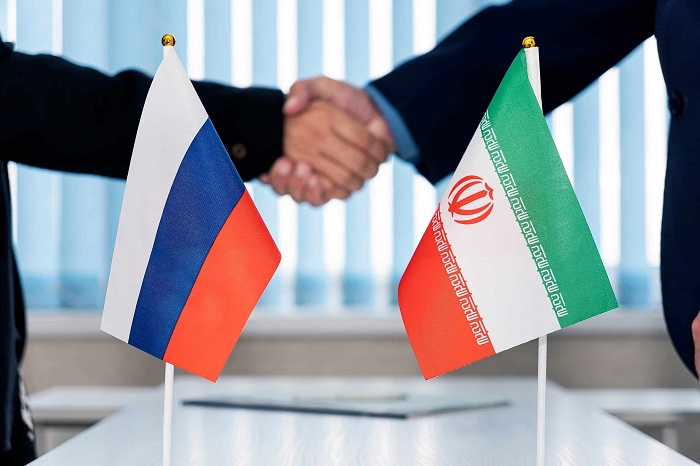This bill is arranged in 9 articles that deal with the main areas of cooperation, information protection and financing
According to the Iran digital economy annotation, The Iran-Russia cooperation bill in the field of information security was sent by the president to the parliament members. Therefore, an agreement has been reached between the two countries to deal with cyber and information technology threats.
The government sent the bill “Cooperation agreement in the field of information security between the government of the Islamic Republic of Iran and the government of the Russian Federation” to the parliament for review and approval. This bill was approved by the Cabinet of Ministers on May 25 last year. It is not bad to know that this agreement was drawn up in February 2019 in Moscow, the capital of Russia.
This bill has 9 articles, the second article refers to the main threats in the field of security. The cooperation of the two countries in line with this agreement pursues goals that include violating the sovereignty, security and territorial integrity of countries, causing economic damage to information infrastructure facilities, and unauthorized access to computer information.
Another threat mentioned in this article is the dissemination of harmful information for socio-political systems and the spiritual, moral and cultural environment of governments; A threat that seems interpretable and a lot of information can be categorized under this threat.
The main areas of cooperation between Iran and Russia
In the third article of this bill, it is mentioned to fight against the mentioned threats, strengthen the security of information to fight crimes committed in the field of using information and communication technologies, technical and technological assistance and international cooperation.
14 main areas have been listed for this security cooperation, among the most important of which the following can be mentioned:
Exchange of information between the competent institutions of the governments of the parties in the field of information security, including cooperation between the relevant institutions in the field of response to computer incidents
Exchange of information about the national laws of the parties’ governments related to ensuring information security
Improving the quality of the bilateral legal framework and the practical mechanisms of cooperation between the governments of the parties with the aim of ensuring national and international information security.
Preparing conditions for cooperation between competent institutions around the key areas of cooperation listed in Article 3 of this agreement as well as other possible areas
In the fourth article of this bill, the two sides have committed to “the principles of mutual respect for sovereignty and territorial integrity, peaceful resolution of disputes and conflicts, non-use of force and threat of resorting to force, non-interference in internal affairs, respect for basic human rights and freedoms.” and adhere to the principles of bilateral cooperation and non-interference in the information sources of the governments of the parties.
Financing
Article 7 deals with financing, according to which the parties will independently bear the expenses of their representatives and experts in the events related to the implementation of this agreement.
Also, in connection with the costs related to the implementation of this agreement, the parties can agree on other financial procedures in each specific case, according to the laws of their governments.
Article 6 talks about information protection. The parties will appropriately protect the information transmitted or generated under this agreement, access to which is restricted in accordance with the laws of the governments of the parties. Neither party shall, without the other party’s prior written consent, disclose or transmit to a third party any information obtained or jointly produced related to the performance of this Agreement.
This agreement will enter into force 30 days from the date of receipt of the last written notification through diplomatic channels. The parties can also apply amendments based on the mutual agreement of the parties and in the form of a separate protocol in this agreement.




No Comment! Be the first one.